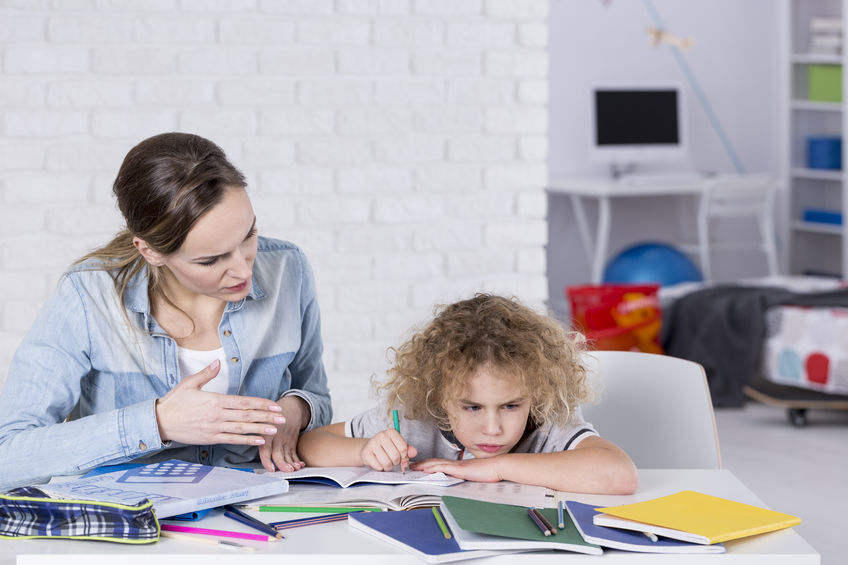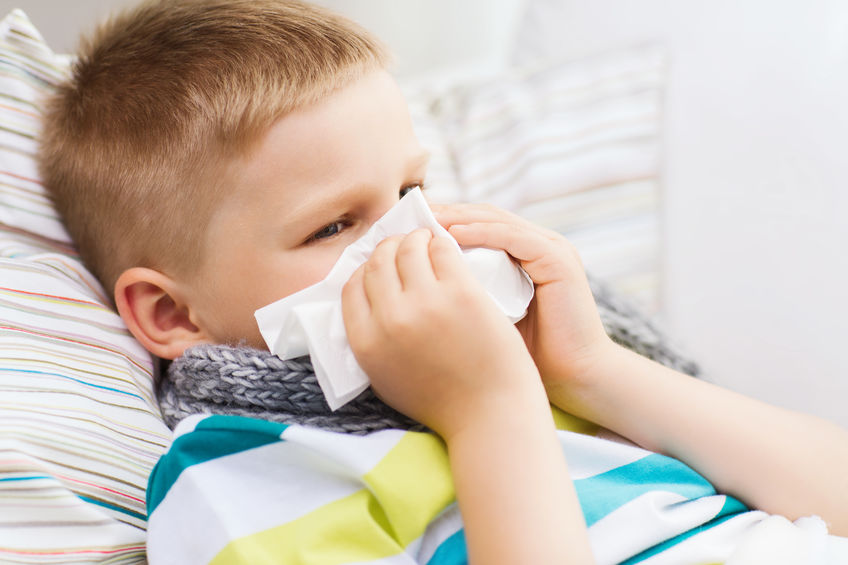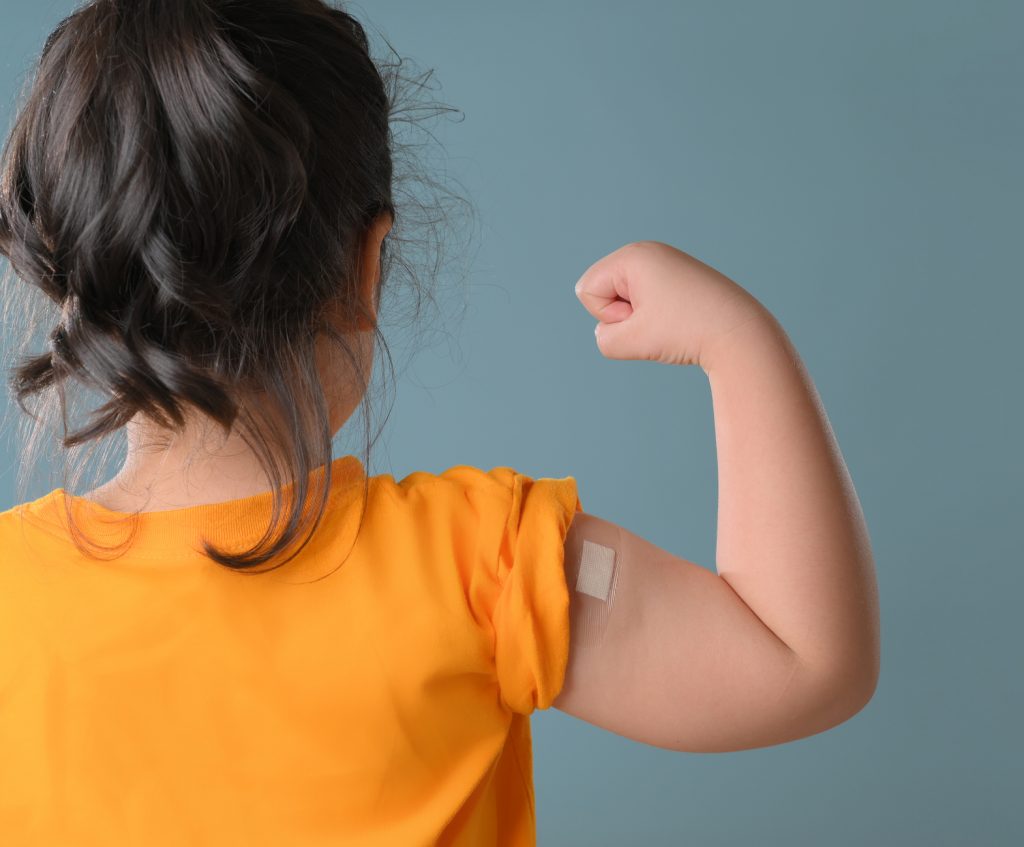Changes to daily routines, less time with their peers, and more time cooped up inside can all affect a child’s behavior. If your child starts acting up — and you’re home with them all day and dealing with your own stress — it can be understandably challenging to manage.
On the one hand, you may be fed up with the bad behavior, and ready to do whatever it takes to put an end to it. On the other hand, you may feel guilty about disciplining them during such a difficult time.
If you’re struggling with discipline during this time, you’re not alone. Parents around the globe are adjusting to pandemic parenting.
Here are answers to some common questions about discipline and consequences during the age of COVID-19:
Why the Bad Behavior?
Whether they’re upset about a year without playdates or nervous about getting sick, children are feeling increased anxiety and worry during the pandemic. This can cause children of all ages, from toddlers to teenagers, to act out.
If your child is very young, they might not know the words to describe how they’re feeling. Without language, they’re likely to channel their anxiety or fear into bad behavior.
If you have an older child or teenager, you may find that they’re being especially irritable (translation = talking back), as they miss out on playing sports or going to the Homecoming dance.
Understanding that bad behavior may be the result of underlying fear, anxiety, or stress — and not from a place of bad intention or simply an urge to rebel — may make it a little easier to manage without pulling your hair out.
Does disciplining during a pandemic make me insensitive? Shouldn’t I be less strict?
Disciplining bad behavior is essential so that it doesn’t become a habit or get your child into bigger trouble. If you let them get away with it now, it could stick — even when the pandemic is over. Loosening the rules when times are tough can set the stage for your child to try to excuse their own bad behavior in the future by saying they were having a tough day.
What is the right type of discipline?
As much as we’d love to say, “this works and that doesn’t,” there isn’t one correct way to discipline a child. What works for one family may or may not work for another.
The American Academy of Pediatrics recommends using “positive discipline.” Positive discipline focuses on teaching children to manage their behavior and stay safe from harm, and promotes healthy development. It is less punitive and more of a learning experience.
4 Strategies for Positive Discipline
- Redirect bad behavior: Your child may simply be bored and not have anything else to do. Redirecting them by taking them on a walk or getting them started on a craft project might do the trick.
- Set limits: Make sure that the rules are clear and in language that your child understands. Be consistent with enforcing limits.
- Use consequences: These include giving your child a time-out or temporarily taking their phone away. Let your child know ahead of time what the consequence for a behavior will be, and allow them a chance to correct it. If they do not, follow through with the consequence immediately. When the consequence is done, give them an opportunity to do something good, and make sure to praise them for it.
- Be firm: Stay calm and avoid yelling.
Giving your child attention — but not always a response — is another part of positive discipline. Children crave their parents’ attention, and acting out may be their way of getting noticed. However, that doesn’t mean you need to respond to every bad behavior. As long as they aren’t doing something dangerous, ignoring the behavior can be a good method of stopping it. It also teaches natural consequences, like not being able to play with a toy anymore if they throw it and it breaks.
Are there any types of discipline I should or shouldn’t be doing during a pandemic?
It’s good to stay consistent with discipline, but it might be a good idea to make a few adjustments during this pandemic.
Reward good behavior that you wouldn’t normally make an effort to reward, like doing chores and getting along with siblings. Everyone appreciates recognition for a job well done, and just a little “great job!” can be encouraging and much needed during a rough time.
When it comes to consequences, think carefully. Pre-pandemic, you may have taken away your teen’s non-school-related internet access for a few days. But if they are doing online learning, they aren’t getting social interaction at school anymore. Taking away internet access could mean taking away their only connection to their peers — and that connection is something they need more than ever right now.
I know it’s important to give my child consequences for bad behavior, but I still feel guilty about it. How can I get over that guilt?
It’s perfectly understandable why you’re feeling a little guilty. We all want to see our children be happy. The pandemic is already making that more difficult for many families, so it’s natural to feel some guilt when you have to do something that brings their spirits down even more.
When you’re giving a consequence, focus on being level-headed and using a calm tone. Yelling or giving out an extreme consequence can make a bad situation worse, and leave you feeling even more guilty after.
As you’re working through that guilt, remember that consequences and discipline teach your child valuable lessons and help them build coping skills that they can use for the rest of their life.
I’ve tried everything, but my child is still misbehaving. Now what?
You don’t have to tackle discipline by yourself. If your child’s behavior is becoming a regular problem, you may want to reach out to their primary care provider or a behavioral health specialist. In addition to helping you brainstorm new strategies, they can look for signs of mental health conditions or problems with cognition that could be contributing to the behavior.
As we move into the winter months and spend more time inside, the pandemic may make everyone in the family a little restless and more jumpy. Have patience with each other, offer extra hugs, and keep up the good work — you’re doing great.
Is your child struggling with bad behavior? Contact their primary care provider or a behavioral health specialist to learn about managing behavior.



